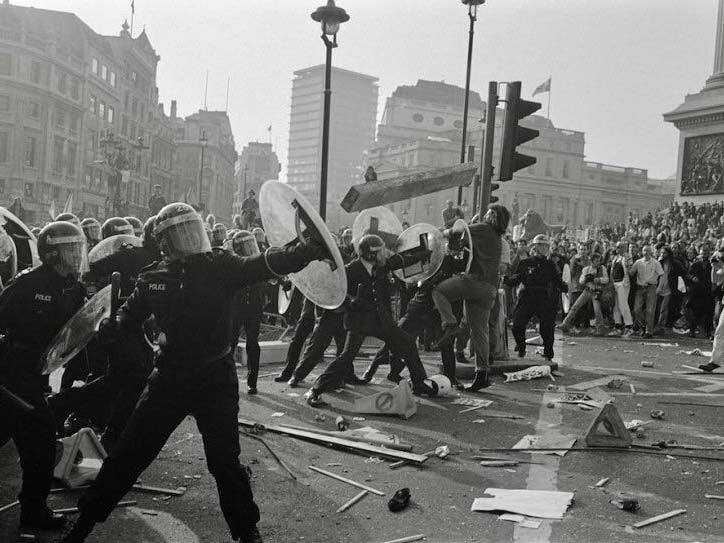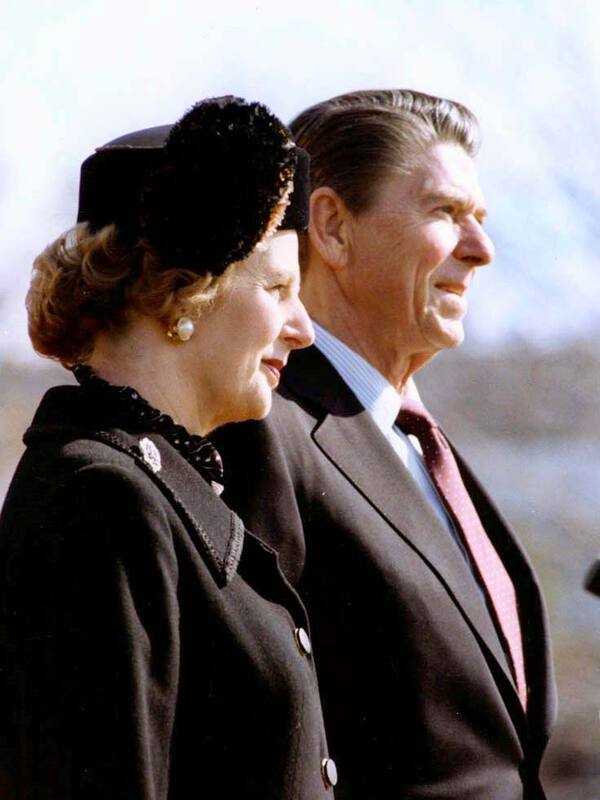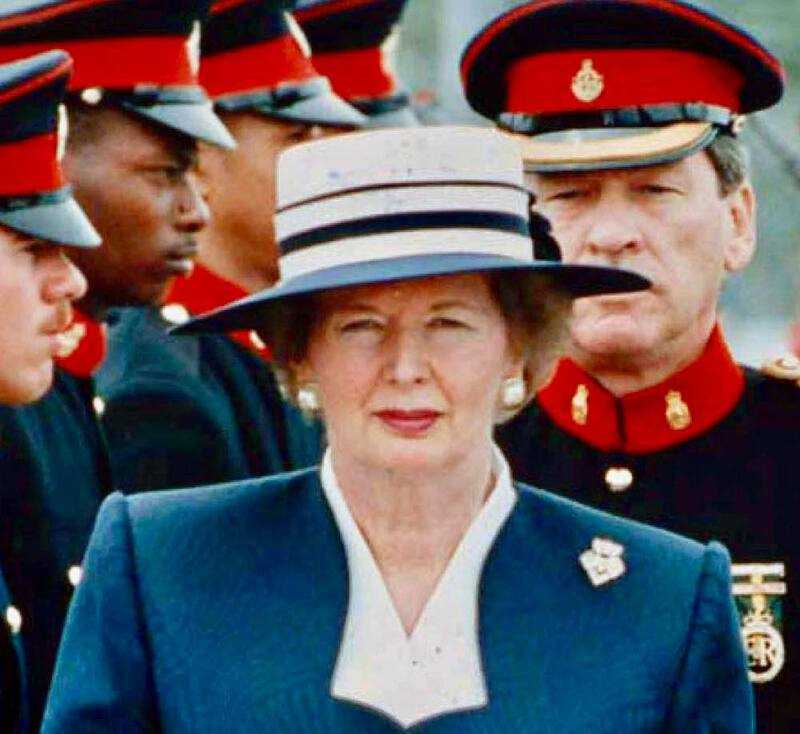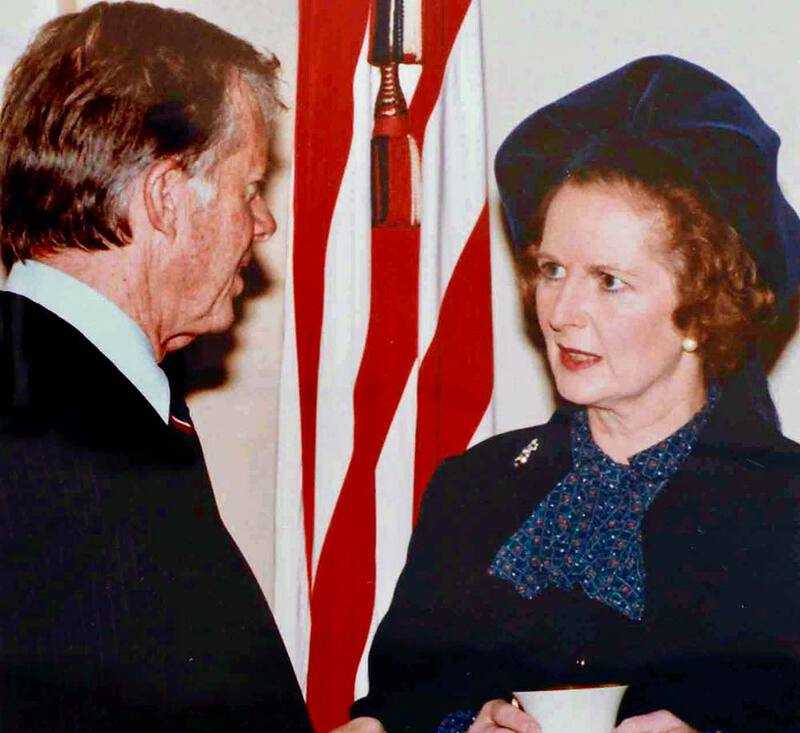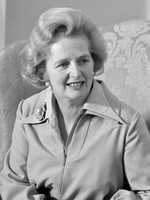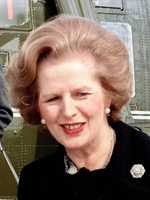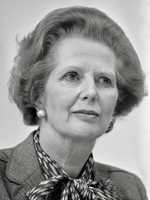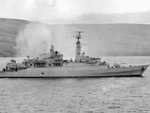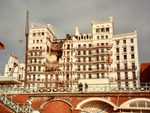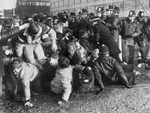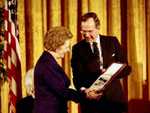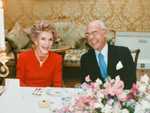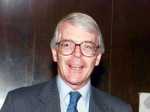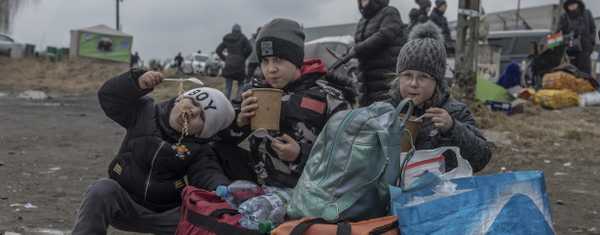1. Thatcher's early life
Margaret Thatcher was born in Lincolnshire in 1925, the younger daughter of a shopkeeper.
She was raised in modest circumstances and attended Oxford University between 1943 and 1947, taking a degree in Chemistry.
Thatcher the chemist and barrister
Thatcher initially worked as a chemist for a company based in Essex, ICI having rejected her job application on the basis that she was too “headstrong” and “self-opinionated”. But that career did not last long, with Thatcher being selected as the conservative party’s candidate for Dartford in 1951.
Dartford was, in fact, a safe labour seat, but Thatcher fought two creditable campaigns, ably supported by Denis Thatcher, who she married in December 1951. Two years later, Thatcher qualified as a barrister, specialising in tax law, and gave birth to twins, Carol and Mark.
Thatcher gets a seat
It was not until 1959 that Thatcher entered parliament, as candidate for the safe Finchley seat. She impressed with her maiden speech, in support of a private member’s bill requiring local authorities to hold meetings in public. In 1961, she was promoted to the front bench as undersecretary for pensions and national insurance.
The conservative party spent the late 1960s out of power. Despite this, Thatcher remained MP for Finchley and raised her profile by criticising the labour party’s high tax policy and supporting the decriminalisation of male homosexuality and the legalisation of abortion. Shortly before the 1970 general election, Edward Heath appointed Thatcher shadow minister for education. When Heath triumphed, the education ministry was her prize.
Thatcher's rise to power
Thatcher’s first controversial decision—dictated by the treasury—was to cut free school milk for older children. The left-wing press dubbed Thatcher the “Milk Snatcher”, but she later claimed that she learned a valuable lesson: to choose her battles wisely. Heath lost the 1974 election to the labour party of Harold Wilson and leadership of the party, with Thatcher appointed as leader of the opposition in February 1975.
A speech given by Thatcher in 1976 caused the Soviet Defence Ministry to describe Thatcher as the “iron lady”, a sobriquet which stuck. Despite this reputation, Thatcher would probably have lost an election in 1978, but James Callaghan (who replaced Heath in 1976) postponed until 1979.
Both Thatcher and David Steel, the leader of the liberal party, accused the labour government of running scared, the delayed election saw Thatcher become Britain’s first female prime minister on 4 May 1979.
2. Thatcher as Prime Minister
Thatcher announced her premiership by paraphrasing the Prayer of Saint Francis, which ends with the words “where there is despair, may we bring hope”.
Things, however, got off to a bad start: racial tensions led to riots in 1981; the economy entered recession; taxes were raised; but Thatcher declared that “the Lady’s not for turning”.
1982 was to mark a sea-change in her fortunes. The economy picked up and Thatcher’s approval ratings sky-rocketed as a result of her decisive handling of the Falklands crisis. It was on the back of these successes that Thatcher won her second election in 1983. The remainder of the decade saw wide-ranging economic reforms and a generally improving economy, which Thatcher used to win her third election in 1987. But Thatcher made a serious miscalculation when she insisted on the poll tax, leading to riots in 1990, the resignation of her deputy and a leadership challenge which saw John Major become prime minister in 1991.
The Falklands War
Thatcher is best known for her firm handling of the 1982 Falklands conflict. Despite being refused assistance from the United States, Thatcher formed a small War Cabinet and took control of the ensuing war personally, despatching a naval task force in April.
When the Falklands Islands were re-taken on 14 June, after 74 days, the campaign was hailed as a substantial success despite the loss of 255 soldiers, two destroyers and two frigates. By contrast, the conflict led to the collapse of the Argentine military junta in 1983.
Ireland & other foreign policy decisions
Thatcher’s steel was again tested by her handling of Northern Island. She refused to give way to hunger strikers, and survived an IRA assassination attempt in Brighton in October 1984, in which a cabinet minister died. Thatcher demonstrated her resolve by delivering her conference speech as planned.
Further afield, Thatcher forged strong relations with the United States, and President Reagan in particular, based on mutual mistrust of the USSR and communism. By contrast, Thatcher was decidedly cool on European integration, criticising plans to create a “European super-state exercising a new dominance from Brussels”.
Breaking the unions
Thatcher believed undermined the economy through strike action. Legislation to curb the power of unions and decisions to downsize or privatise state industries led, in the short term, to substantial unrest and an increase in the number of strikes Thatcher was trying to prevent.
The biggest confrontation was with the Arthur Scargill-led national union of mineworkers, and a strike of over a year between 1984 and 1985. The government’s victory, ensured by stockpiling fuel supplies and preparing the police for riots, allowed it to close scores of mines by the end of the decade, and privatise the rest shortly thereafter. The results were tangible: in 1979, 27 million working days were lost to strike action; by 1990 that figure was just 2 million. As a result, trade union membership suffered a 30% fall.
Privatisation & Economic Policy
Thatcher believed in a small state. As a result, she pursued an extensive programme of nationalisation from 1983 onwards, which included not only state industries (water, gas, electricity, telephones) but also the sale of council houses to tenants at significant discounts.
The result was the raising of a substantial sum for the exchequer and vast improvements in profitability and performance of state industries. A by-product may have been an increase in the number of conservative voters, the theory being that homeowners are more likely to be right wing. Thatcher did not privatise the railways during her tenure, and was initially vehemently opposed to this proposal; the Major government’s 1994 privatisation of this industry is widely regarded as a serious mistake.
Alongside privatisation, Thatcher believed in deregulation, nowhere more so than in the City of London. This sowed the seeds for the financial and services economy that Britain now enjoys.
3. Loss of office and later life
Thatcher often suffered from poor opinion poll ratings.
She did not care: she was a conviction politician. But her party did. By September 1990, the conservatives were 14 points behind labour and on 1 November 1990 Geoffrey Howe delivered the coup de grace.
He resigned over Thatcher’s refusal to agree a timetable for joining the European Exchange Rate Mechanism, memorably comparing himself to an opening batsman whose bat had been broken by the team’s captain. Michael Heseltine’s attempt to seize leadership of the party failed, leaving John Major at the helm.
Major prevailed in the 1992 general election, but was trounced by Tony Blair’s revamped labour party in 1997.
Thatcher never got over the betrayal that saw her removed from power. She continued as a backbencher for two years, and remained an influential public figure until she suffered a series of small strokes in 2002 and decided, on medical advice, to cease public speaking.
Thatcher’s husband, Denis, died in 2003. The following years were marked by a number of accolades and awards—a bronze statue of Thatcher was, for example, unveiled in the House of Commons in 2007. But they were marred by the Iron Lady’s failing memory.
Thatcher died in April 2013, at the age of 87. She ranks as the most successful PM since Churchill, alongside political heavyweights such as Clement Attlee and William Gladstone.
